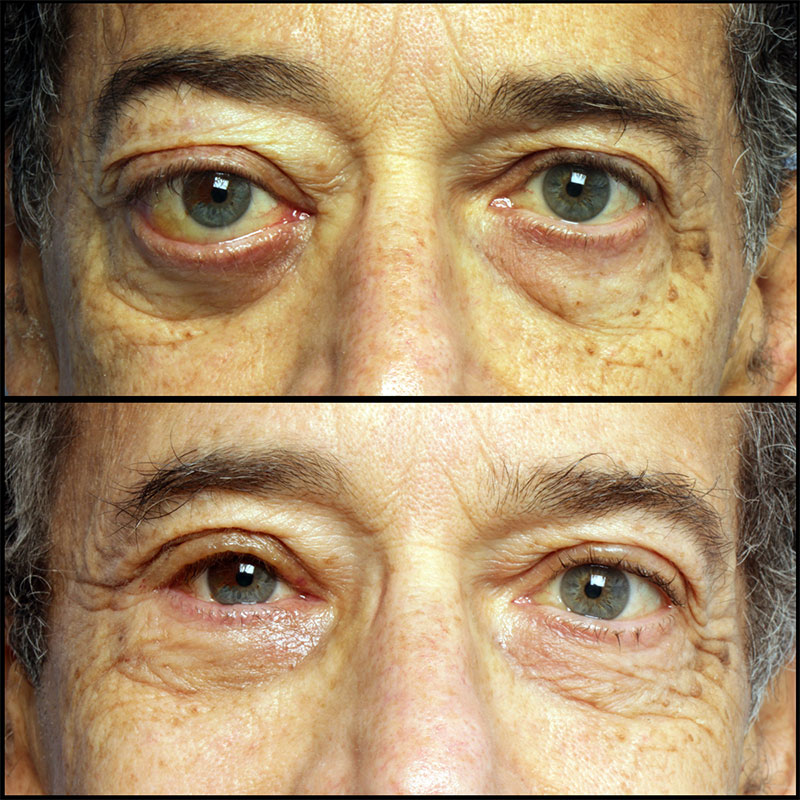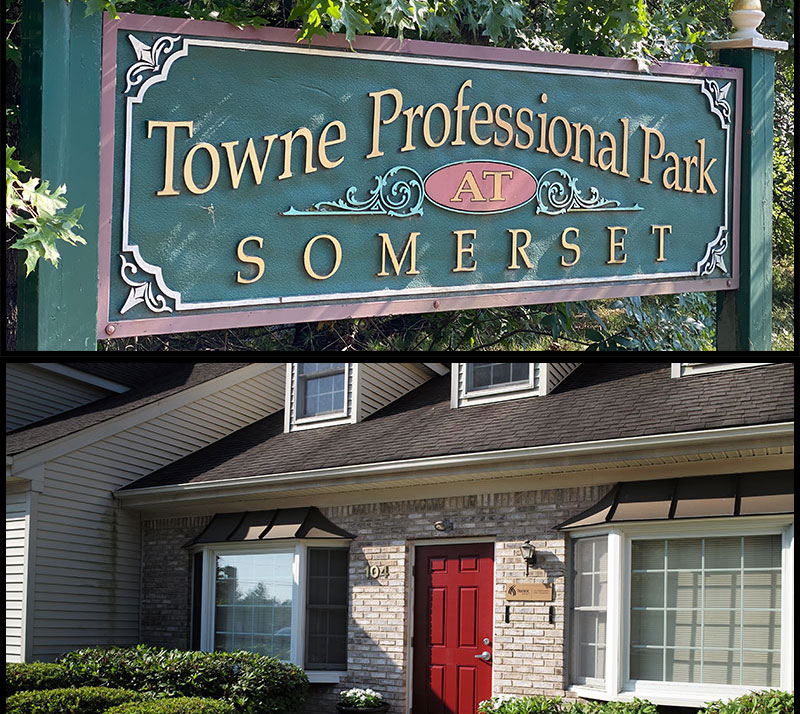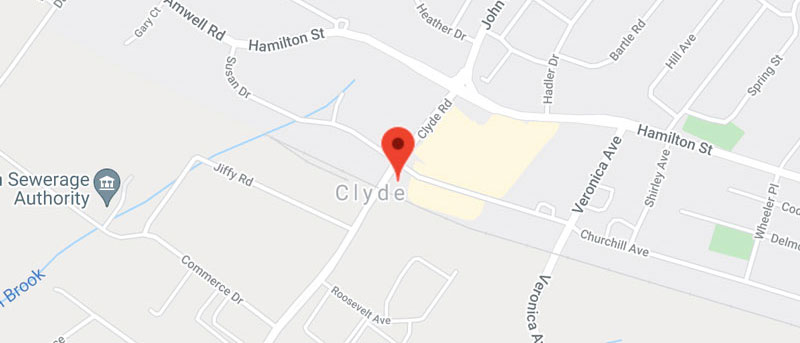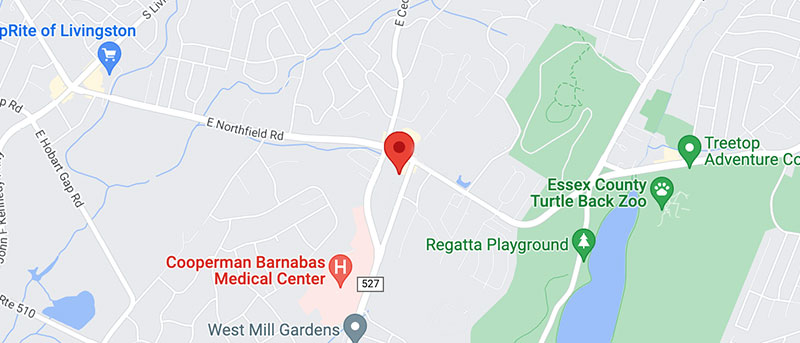When it comes to orbital tumors and other orbital diseases, experience matters. The delicate structures around the eye are incredibly complicated and prone to injury with the slightest misstep. An improper surgery can lead to inadequate treatment, loss of function in the eye or eye socket, or even death.
Whether you have been diagnosed with a tumor, inflammation, or other growth in the orbit, Dr. Ramesh has experience in dealing with these difficult conditions. For many years, Dr. Ramesh has written scientific articles and contributed to innovation in orbital disease. Dr. Ramesh has also published on elegant, minimally-invasive techniques (for example, endoscopic) to treat these conditions without needing large scars or openings. This has led to shorter surgeries, minimal or no hospital stay, and faster recovery, meaning you can get back to your life as soon as possible.








